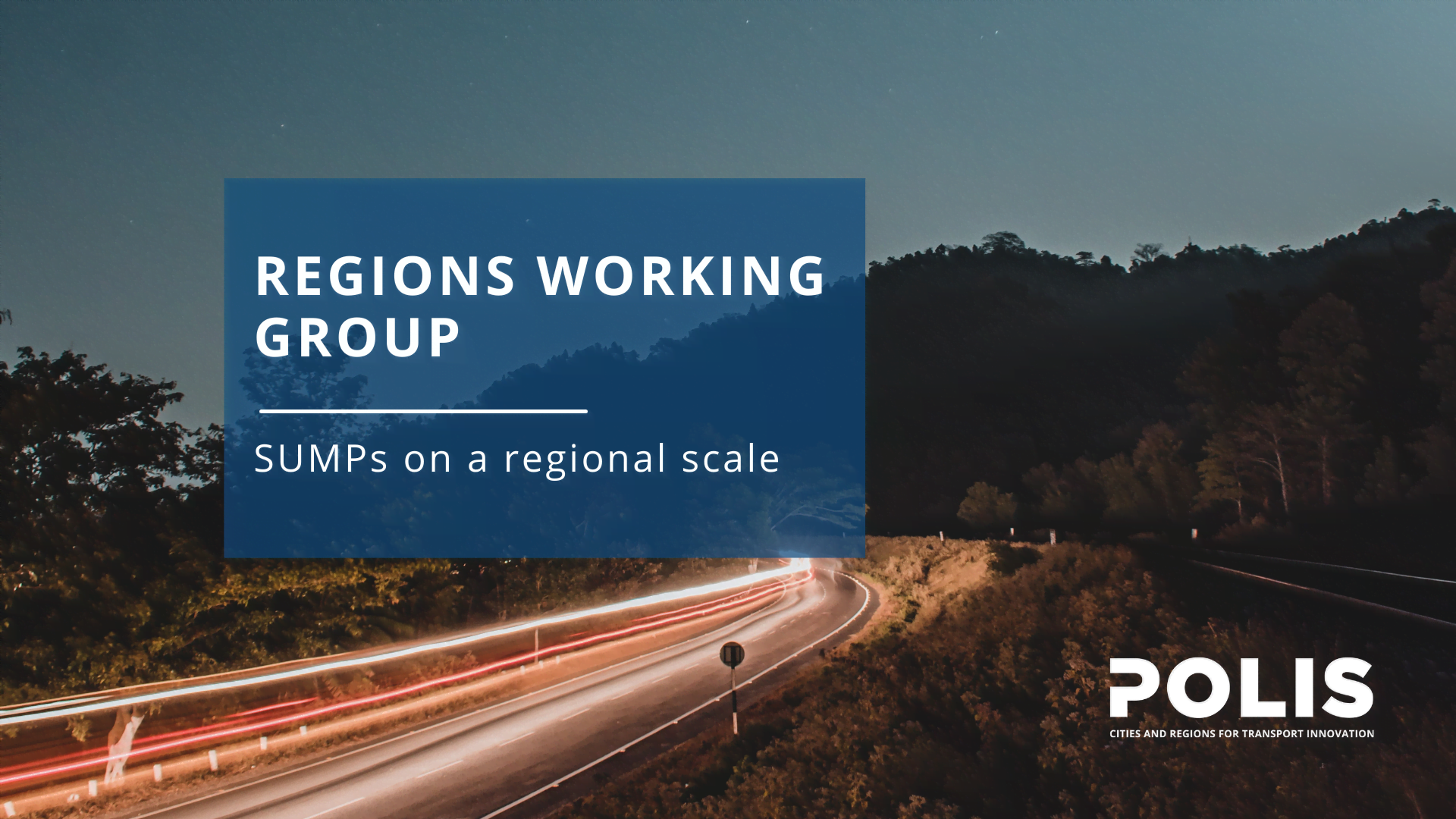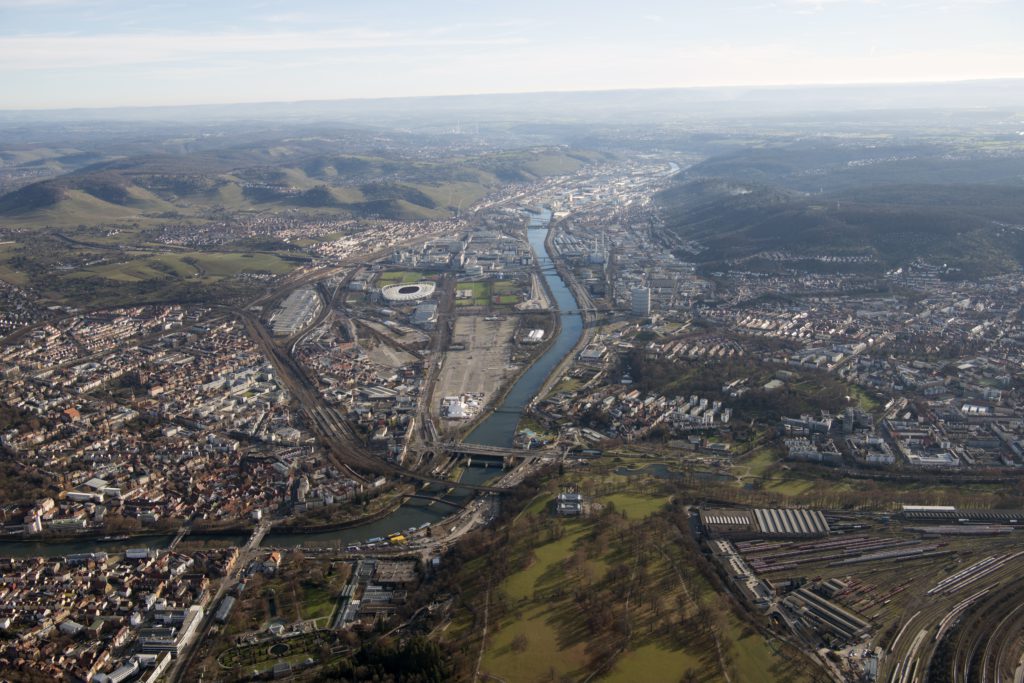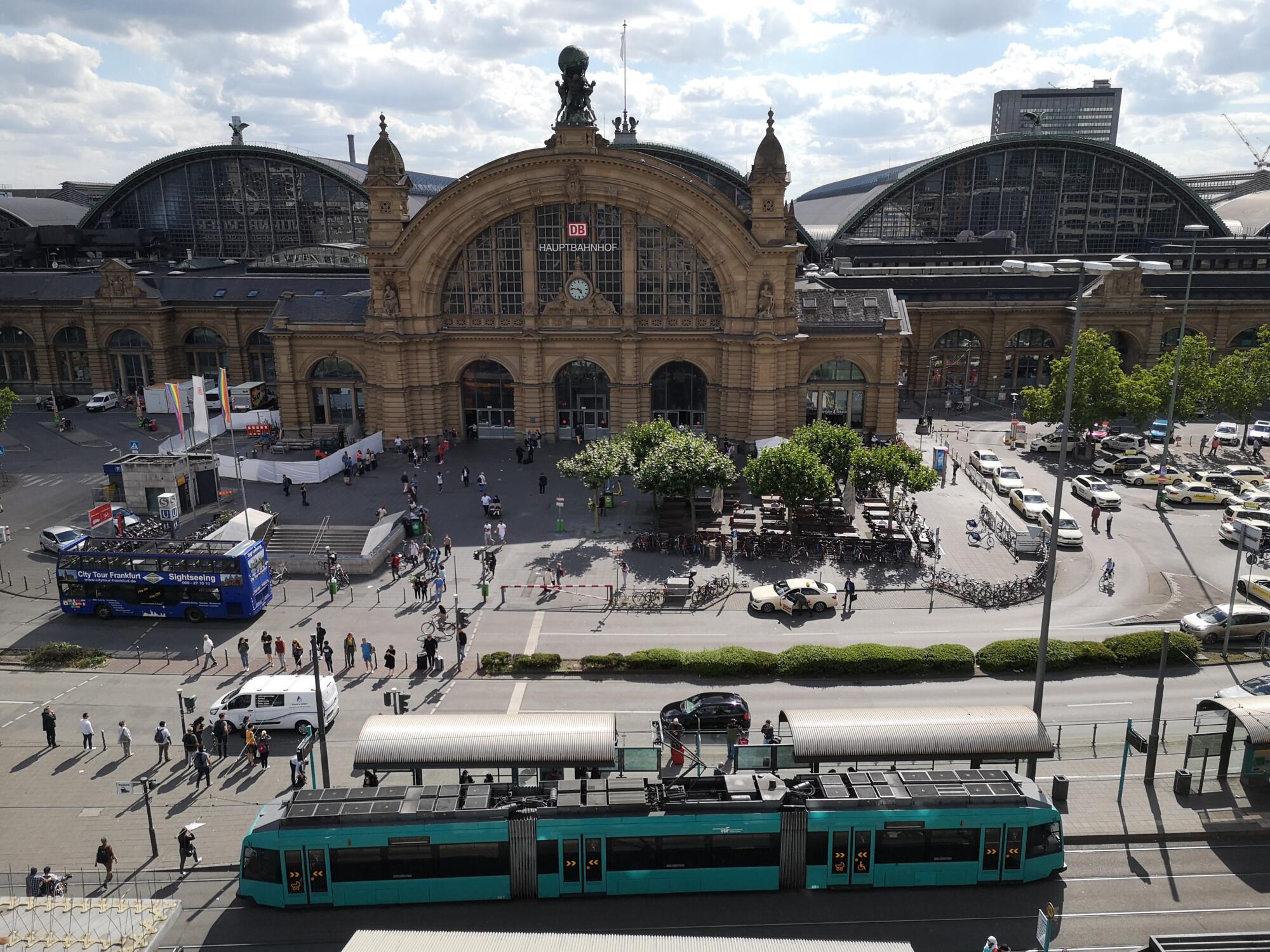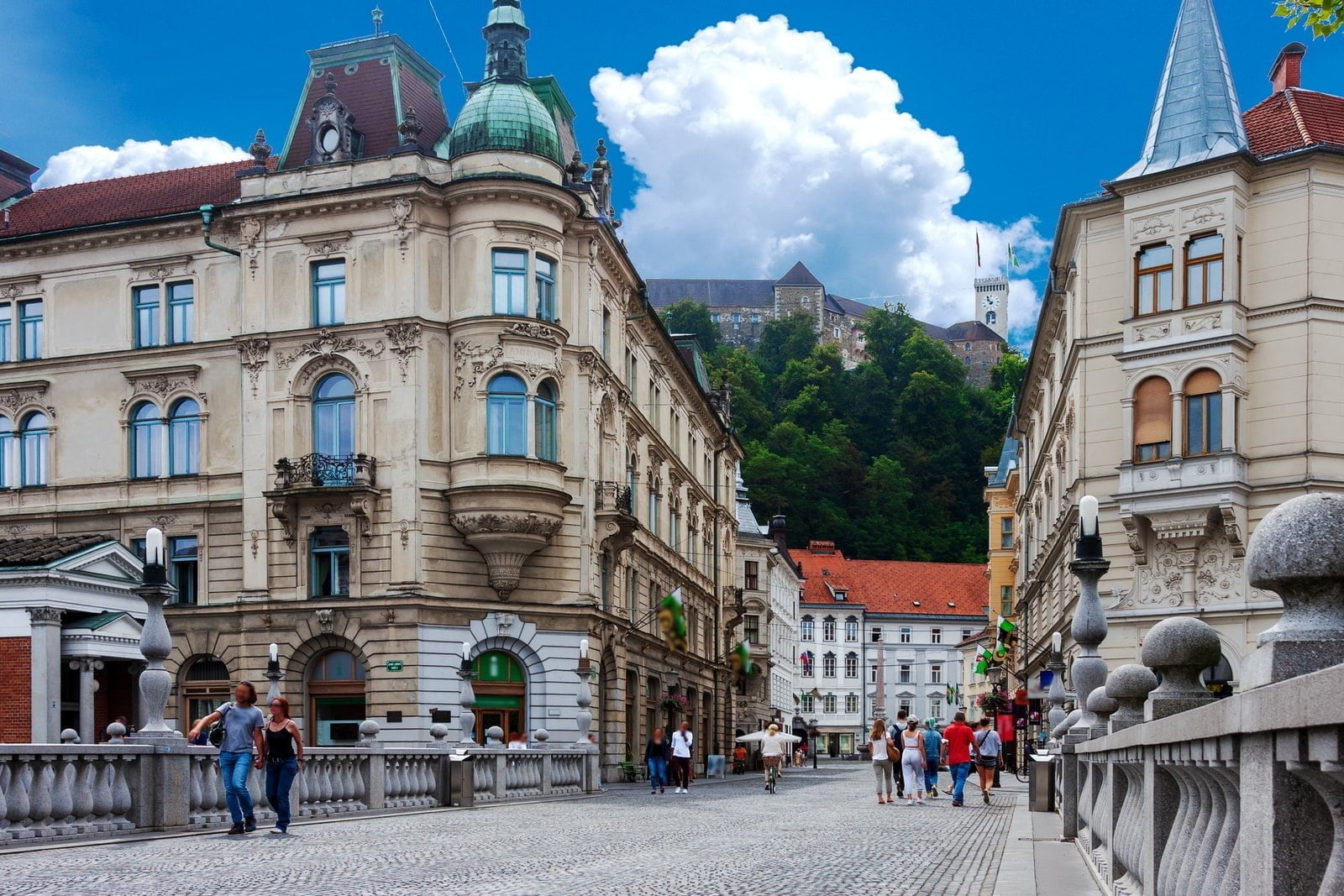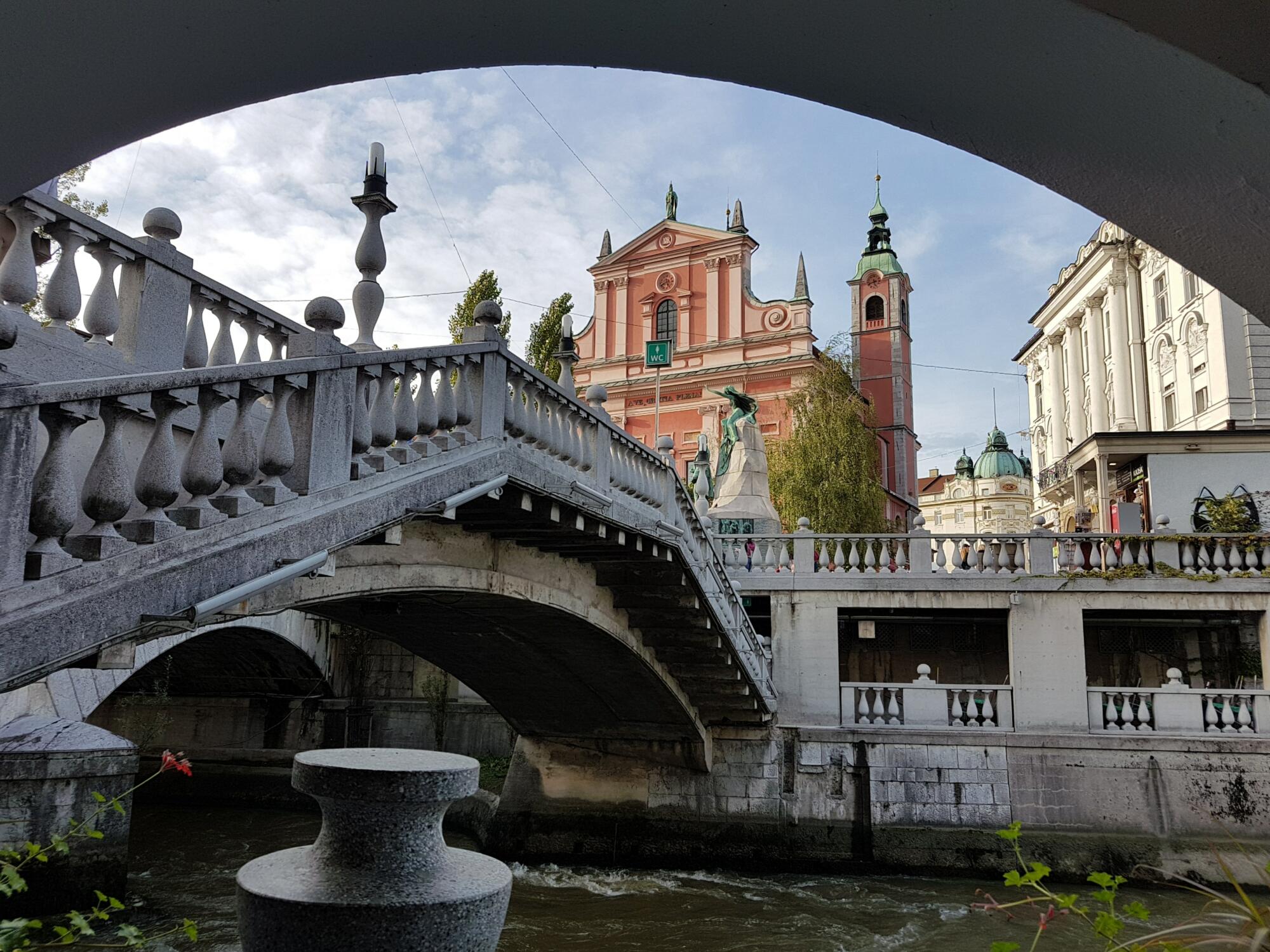SUMPs are not just for cities: Regions Working Group meets
At our Regions Working Group meeting this week, in Brussels, POLIS members convened to discuss the development and deployment of SUMPs on a regional level.
Ambitious modal shift targets need ambitious mobility planning. From MaaS products to micromobility, school streets to long distance cycle networks, the contemporary transport landscape is a web of multi-modal, multi-stakeholder activity- which demand a strategic and integrated approach.
At a regional scale, this is critical. Regions must coordinate voices from multiple municipalities and stakeholders (in many cases across national borders), ensuring transit within and between urban, peri-urban and rural areas operates effectively. Sound like a big task? That is because it is!
A Sustainable Urban Mobility Plan (SUMP) is a local level transportation plan, drawing together a long-term and sustainable vision for urban areas. It is a means of crafting a long-term vision for sustainable mobility, with a thorough assessment of the current situation, projections for the future and assessment criteria.
Yet, our conversations about SUMPs too often revolve around cities. SUMPs can – and must – also be developed at a regional level too – and POLIS member regions are beginning to do so.
On 27 June, POLIS’ Regions Working Group met at the Baden Württemberg Representation in Brussels. The meeting was a chance for regions beginning to embark on SUMP and those further along in the process to gain insights and lessons learnt from peers and experts.
This event took place in cooperation with the Baden Württemberg’s Event on Climate Protection for cities and regions, which heard from the new EU Climate Neutral and Smart Cities Mission Manager, as well as POLIS members Groningen, Trondheim and Budapest.

Klemen Gostič, from the Regional Development Agency of the Ljubljana urban region (RRA LUR) presents the region's SUMP
The Regions Working Group was established at the request of our members, to bring member regions together to discuss, debate and share the key challenges they are facing in the transition to more sustainable mobility. Undoubtedly, like our cities, regions are heterogenous in nature, varying in geography, resources and politics; yet there are many pressing issues which unite them.
We heard from POLIS members from across Europe; the Slovenian Urban Planning Institute (UIRS), the Regional Development Agency of the Ljubljana urban region, FrankfurtReinMain region and Flanders as well as Baden-Württemberg.
We explored what works – and does not – and what the future holds for regional level SUMP planning.
